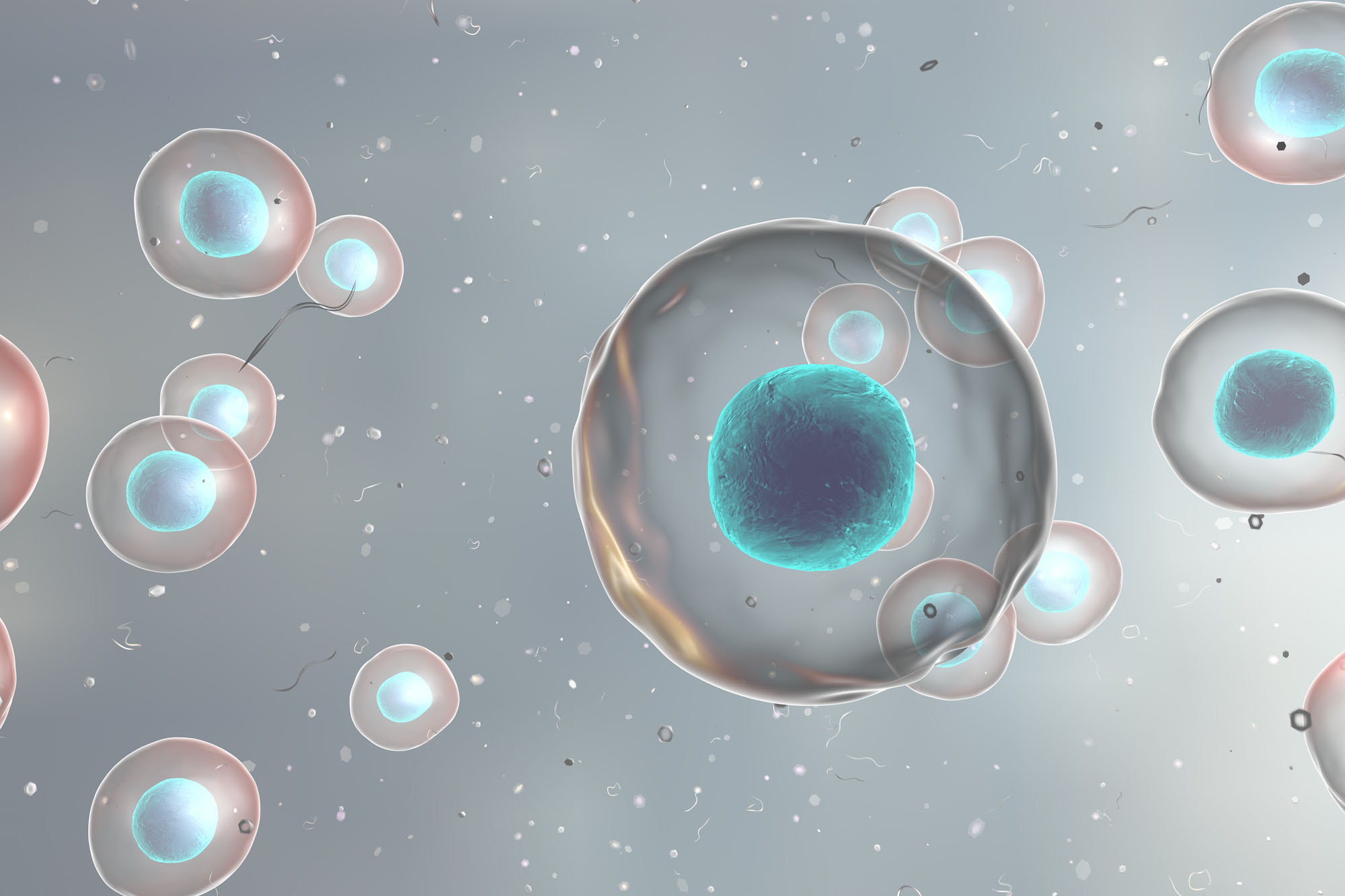
NASHVILLE (BP) — The first successful growth of human cells in a pig embryo has drawn mixed reviews from pro-life bioethicists.
Biologists at the Salk Institute in La Jolla, Calif., announced Jan. 26 that they generated stem cells from human skin, then injected them into a pig embryo and allowed the embryo to grow four weeks in a sow’s uterus.
 After four weeks, human cells “were distributed randomly across the chimera,” The Washington Post reported, referencing the resultant embryos with a term from Greek mythology describing creatures said to be part goat, part snake and part lion.
After four weeks, human cells “were distributed randomly across the chimera,” The Washington Post reported, referencing the resultant embryos with a term from Greek mythology describing creatures said to be part goat, part snake and part lion.
The study, published in the journal Cell, represents an early step in efforts to grow human organs in animals and then transplant them to humans, according to media reports.
A study published Jan. 25 in the journal Nature represented a separate step toward that goal, reporting the successful cultivation of a mouse pancreas in a rat embryo. An international team of scientists then treated diabetic mice by transplanting the cultivated pancreas tissue.
Still, there is “a long way to go” before scientists will be ready for attempts to grow human organs in animals, The New York Times reported.
Juan Carlos Izpisua Belmonte of the Salk Institute told The Post, “We were just trying to answer the yes or no question of, can human cells contribute at all” in a pig embryo. “And the answer to that question is yes.”
But Joy Riley, a physician and executive director of the Tennessee Center for Bioethics and Culture, told Baptist Press the pig embryos with human calls are “morally problematic.”
“From more than 1,400 embryos containing pig and human cells, 186 were harvested between day 21 and day 28 of development,” Riley said in written comments. “What were these embryos? How does one classify these beings? How many cells does it take in order for the being to be human?”
Riley, coauthor of “Christian Bioethics” with Union University provost C. Ben Mitchell, referenced fears among some scientists that an animal with human cells incorporated into its brain could develop human characteristics such as intelligence, consciousness or speech. She also referenced concerns that animals with human reproductive cells could produce offspring with human characteristics.
“Does the fact that these beings are ‘harvested’ before they are fully developed assuage our consciences? Until at least some of these questions are answered, it seems morally problematic to go forward with such research,” Riley said.
Roman Catholic bioethicists quoted by LifeSiteNews seemed more approving of the research, noting human embryos apparently were not destroyed in the experiment.
Moira Queen, director of the Canadian Catholic Bishops Institute, told LifeSiteNews, “As long are the stem cells aren’t embryonic stem cells … and you’re not duplicating the brain and as long as it has nothing to do with the genitals, you’re not doing anything morally wrong.”
Edward Furton of the National Catholic Bioethics Center expressed similar sentiments, arguing human “neuro-cells” and reproductive tissues “are seen as special areas unique to human identity” and should never be implanted in animals.
According to The Post, “a few” human stem cells in the Salk Institute experiment “developed into the precursors of neurons.”
Charles Patrick, a former biomedical researcher and a current vice president at Southwestern Baptist Theological Seminary, told BP for a previous news story the Bible “is clear in Genesis that God created man distinct from animals and gave man authority over animals. It would seem prudent to be very careful with technologies that potentially blur the distinction in God’s created order.”
Patrick’s comments came in August 2016, when the National Institutes of Health proposed lifting a ban on using government funds to insert human cells into animal embryos. The ban remains in force.















